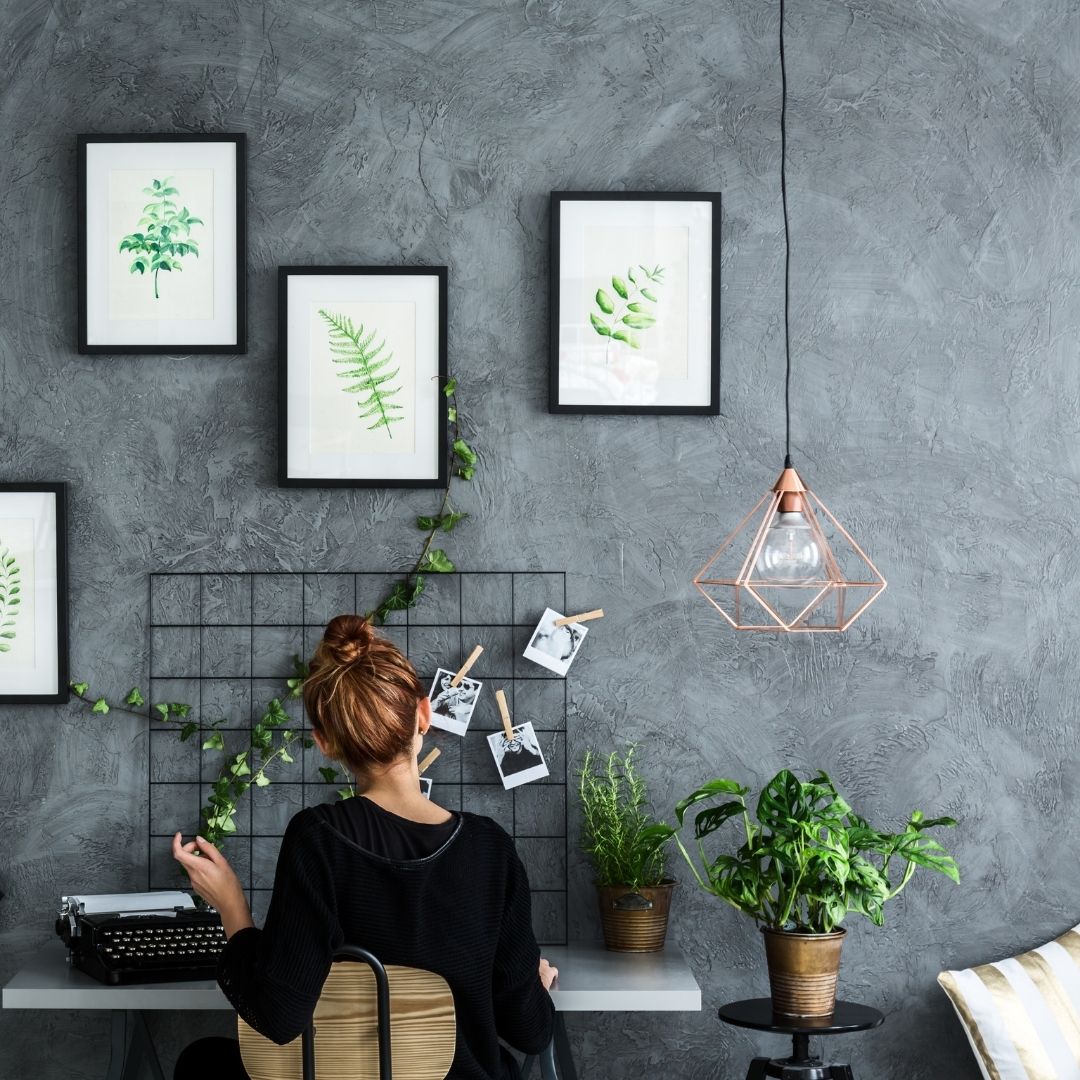Repurposing Hotel Spaces: A Growing Trend During COVID-19
By Tom Baker, Managing Principal
In the past year alone, COVID-19 has drastically changed the way communities and economies operate. Consumer-facing companies have had to find innovative ways to adapt their business models to the unpredictability of this new landscape. Travel and tourism have suffered the most, leaving industries like the hospitality sector to fend for themselves as hotel occupancy rates plummet. Europe alone saw a drop of 82.3% in hotel occupancy rates. Despite the decline in demand, many hotels worldwide have demonstrated innovation and resilience by pivoting entire business models to increase their profits and stay afloat. Consumer needs have also evolved, which has left many consumers concerned about access to welfare facilities, distraction-free workspaces, and safe spaces for recreational activities.
Here are some ways that hotels are repurposing their properties to sustain the flow of revenue to continue hotel operations:
The ‘Work-Cation’
Popularized by the pandemic, many employees now look forward to working in a home-away-from-home. Since remote working is the ‘new normal’ for most people, it can be challenging working at home with children and pets. The workcation has made it possible for people to enjoy a change of scenery by booking themselves into a hotel just to work.
74% of Americans who work remotely claimed they would take a workcation. Working in your own home can blur the lines between work and home life. Employees still need to earn a living but have also never craved a vacation more than they do now. The workcation affords them the luxury of a quiet space to get their work done in peace with added benefits like discounted dinners and unlimited access to hotel amenities during their workcation. Some hotels offer their rooms at a special price to people who want to use them for a workcation offing a win-win solution to boost occupancy rates.
Quarantine Centers
Hospitals around the world are running out of space for Covid patients. Governments are turning to hotels on the verge of shutting down due to low occupancy rates as a way to ease the stress on overburdened hospital wards. Hotels are being repurposed as quarantine centers to give people with Covid-19 symptoms an area to recover without spreading the virus. Some hotel rooms become shelters for those with mild symptoms and others act as an isolation ward to anyone who might have been in contact with Covid-positive patients. Some closed hotels have been opened for frontline workers exposed to Covid patients regularly and need a safe space to rest close to the hospital they work in. All these situations pose an opportunity for hotel owners to book rooms while helping out.
Makeshift Business Centers
Many businesses, big and small, were adversely affected in the past year. They’ve had to find a way to reduce overhead costs by sacrificing their office space for a more economical option. As COVID-19 continues to delay travel, the hospitality sector came up with another way to repurpose their space to generate revenue. Hotels with business centers or conference rooms rent out those areas as workspaces to accommodate businesses. Big names in the hotel industry like Hilton offer desk space, snacks, and complimentary Wi-Fi to keep working professionals refreshed throughout the day.
Outdoor Spaces for Recreational Use
To decrease the risk of spreading the virus, governments worldwide have imposed bans on indoor activities like gyms, restaurants, and clubs. Still, they are allowing the use of outdoor spaces for these recreational activities to continue. Outdoor recreational spaces have been recognized as significant contributors to social well-being. Since physical and mental health matters now more than ever, hotels with large outdoor spaces are rising to the occasion. Consider renting out poolside areas and lawns, allowing third-party businesses to convert these spaces into outdoor eating areas for people looking for safe dining options.
The AHA Takeaway
To minimize the consequences of the pandemic and continually working towards occupancy and a healthy ADR, the hospitality industry continues to develop innovative ways to keep themselves and the economy going. The fundamental goal for repurposing these spaces is to open up new streams of revenue for the hotel. But there’s another surprising advantage of this exercise; the industry is making a significant contribution to communities and the economy by providing safety and shelter when these two things are a luxury many cannot afford. We’re here to help you find a win-win solution to this challenge and all others.
Let’s talk. Use the quick form below and I’ll personally reach out.
– Tom Baker, Managing Principal

